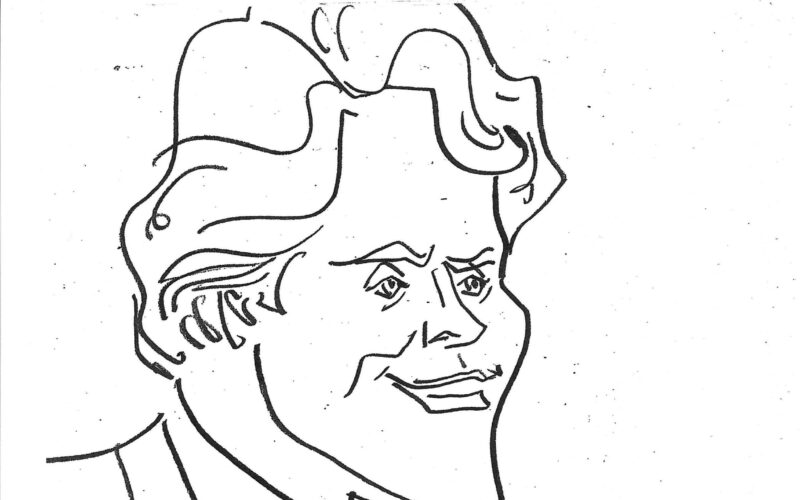By Anthony Tommasini, March 19, 2005
The American baritone Theodor Uppman, best known for creating the title role in Benjamin Britten’s opera “Billy Budd” in 1951, died on Thursday night at his apartment in Manhattan. He was 85.
His daughter, Margot Vincent, announced his death.
Mr. Uppman’s selection for the role of Billy Budd came at a low point in what had been a promising operatic career. He had won high praise in 1947 for a concert performance of Debussy’s “Pelléas et Mélisande” with the San Francisco Symphony, opposite Maggie Teyte as Mélisande. The conductor was Pierre Monteux, who became an important mentor to Mr. Uppman.
“At that time, I was very blond and curly-haired, and I had been working a good deal of the summer out of doors, rolling great big barrels of oil, my shirt off, and I had a pretty good set of muscles and I was nice and tanned.” Ted Uppman, on being chosen by Benjamin Britten to play Billy Budd in 1951
Mr. Uppman repeated the role of Pelléas for his successful 1948 debut with the New York City Opera. But in 1951, discouraged with his progress, he took a break and became a laborer with an oil and fuel company in California, deciding “to let things come my way,” as he put it in a later interview.
What came his way was “Billy Budd.” Britten had begun to doubt that he would ever find a suitable baritone to portray the young, winsome and innocent tragic hero of his new opera, based on the Herman Melville story. David Webster, the administrator of the Royal Opera at Covent Garden, which was presenting the premiere, had received a tip about Mr. Uppman. So he invited Mr. Uppman to New York for an audition.”At that time,” Mr. Uppman later recalled, “I was very blond and curly-haired, and I had been working a good deal of the summer out of doors, rolling great big barrels of oil, my shirt off, and I had a pretty good set of muscles and I was nice and tanned.”
Webster was duly impressed with Mr. Uppman’s voice and physique. So was Britten, when Mr. Uppman, who looked much younger than his 31 years, flew to London for an audition.
“Apparently he felt that I was Billy Budd,” Mr. Uppman later recalled.
After the opera’s premiere at Covent Garden, Mr. Uppman repeated the role for a broadcast on NBC television. His Metropolitan Opera debut followed in 1953; he again sang the role of Pelléas. With his high, lyric yet robust voice, youthful vigor, boyish looks and musical sensitivity, he excelled at the Met in lighter roles, like Mozart’s Papageno, Offenbach’s Piquillo in “La Périchole” and Strauss’s Harlequin in “Ariadne auf Naxos.” He gave almost 400 performances in 15 roles with the company.
Theodor Uppman was born in San Jose, Calif., on Jan. 12, 1920, to a family of Swedish heritage. His father, a cabinetmaker, encouraged his singing. Mr. Uppman met his wife, Jean Seward, when they were adolescents. They sang together in the a cappella choir at their high school, then both enrolled at the Curtis Institute of Music in Philadelphia to study voice. The couple married in 1943. Mr. Uppman, who sang beautifully in French, credited his feeling for the language to his stint in the Army, when he was stationed in Normandy during World War II.
Mr. Uppman also created roles in Carlisle Floyd’s “Passion of Jonathan Wade (1962, New York City Opera), Thomas Pasatieri’s “Black Widow” (1972, Seattle) and other works. He later taught voice at the Mannes College of Music and at the Manhattan School of Music in New York.



